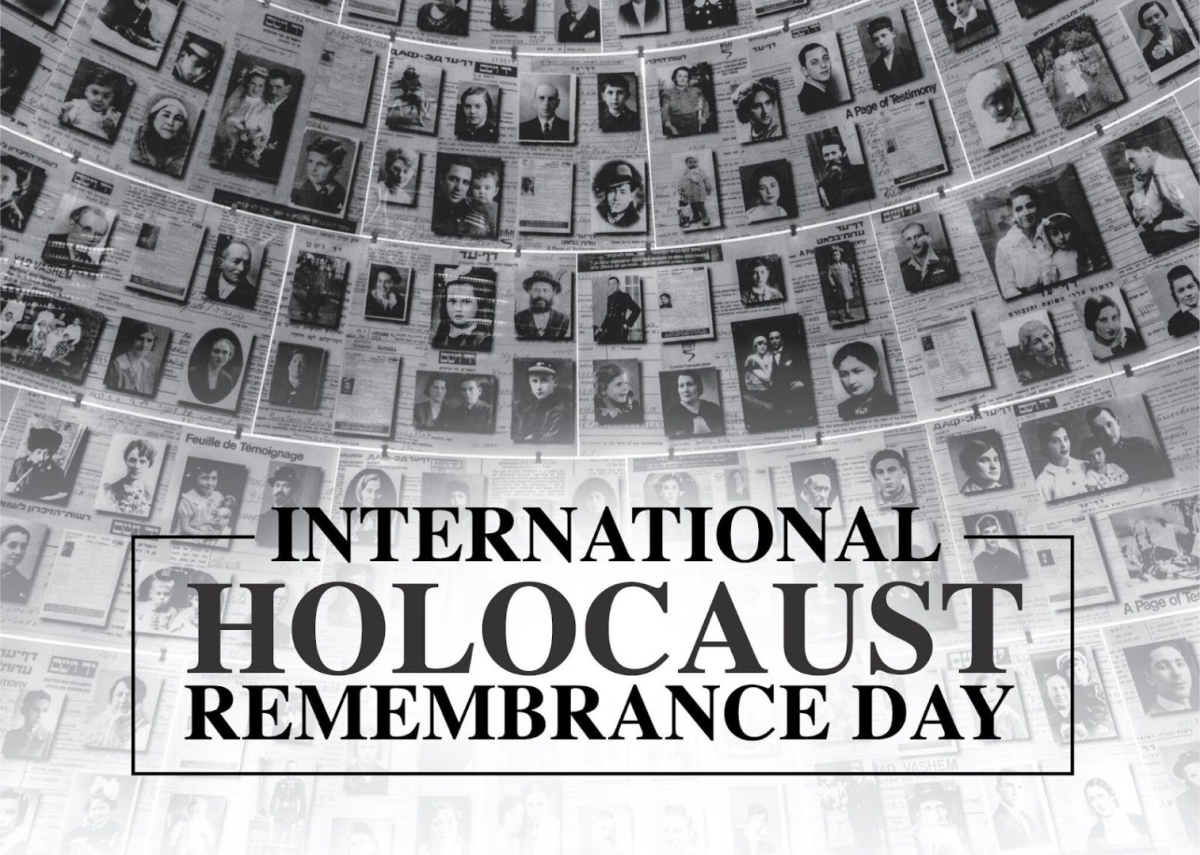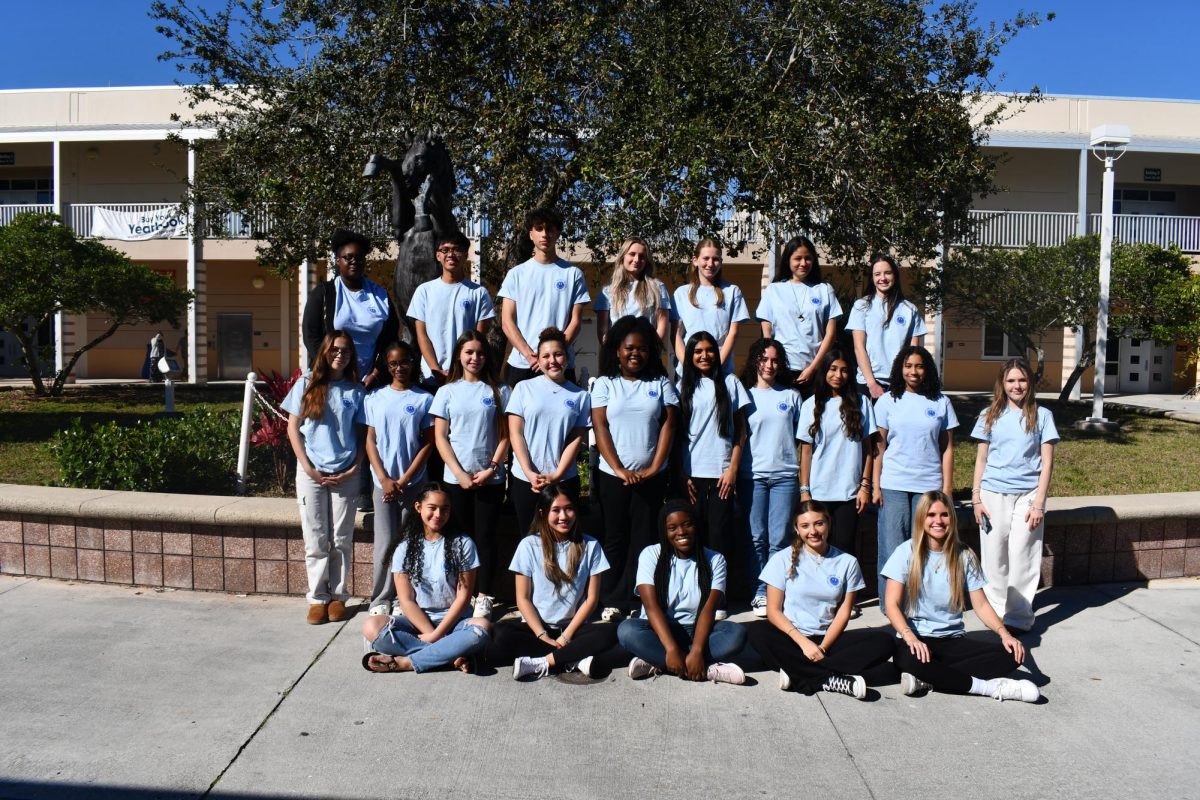Politics, protests make for controversial mix with sports
October 28, 2020
Protesting and politics in professional sports have not been a rare sight for many years. Professional athletes are sharing their voices by wearing uniforms supporting the Black Lives Matter movement during games in efforts to bring awareness to the issues of police brutality and racial injustice.
There have been protests in professional sports for many years, dating back to 1968 at the summer Olympics where Tommie Smith and John Carlos were the first athletes to protest Black rights in sports; they raised their gloved fist when they won the gold and bronze medals.
More recently, the image of Colin Kaepernick comes to mind. His protests during the national anthem started in 2016 with the San Francisco 49ers.
A more conservative crowd disagrees with the athletic protests, supporting the stance that sports are supposed to be a happy place and a distraction from the real world, hoping to keep politics out of sports. On the contrary, the liberal crowd outlines many protesting athletes are Black athletes; being an athlete, unfortunately, does not protect anyone from police violence and racial injustice.
Black Lives Matter has changed sports, resulting in a smaller audience watching sports as many larger companies lose money. Revenue brought in from watching sports, go to the teams and the television companies who broadcast professional sports, so these sports teams and networks would not be receiving any money due to declining viewership.
On the first opening day of sports, there were 2.9 million viewers. Ever since then, the views and ratings have had a dramatic drop. One article from The Freedom Wire said, “Americans want sports, not protests, and hope the NFL is paying attention.”
Multiple sources say that Americans were excited to watch sports after everything going on in the world, especially after being stuck in the house with nothing but politics. However, as soon as sports came back, they were even polluted with politics and there was no way to escape the “right and the left.”
While citizens have voiced their opinions, so have professional teams. The Milwaukee Bucks said they are no longer willing to be America’s escape, celebrated when they’re entertaining us, but treated like trash when they take off their uniforms.
Conservatives still express that the athletes should not be kneeling for the National Anthem and should be standing because they are paid millions of dollars for an American team. Liberals still say they should use their popularity and liking to protest this movement and support Black lives Matter. The matter has, yet again, become political.
Beyond the professional level, high school sports are seeing controversy pertaining to the Black Lives Matter movement. In Ohio, two students were suspended for carrying two flags: a thin blue line and a red thin line, representing support for the law enforcement officers and fire department members.
Is this also affecting sports at the Florida High School Athletic Association level, and will they allow the student-athletes to show their support to the movement, or will they be suspended from the next game?
“I think as we continue to navigate towards a better future, BLM will play a pivotal role in creating a better future for generations to come,” said Scottie Littles, the head coach of the Bronco Varsity football team. “I believe it is my role to support all my players and create an environment and culture that allows each individual to feel comfortable regardless of what they believe.”
Even though the future cannot be predicted, Coach Littles is hopeful his Central team will be strong enough to rise as one.
“I like to think that we teach enough about respect and love in our program that at least everybody will respect everybody’s opinions,” continued Coach Littles. “As long as we don’t disrespect each other and are willing to listen to both sides, there will be no problems.”
Coach Willow Louis, who trains Central’s flag football team, echoes the sentiment by showing his support for the national movement, as well as his players.
“At a national level, it has made a major impact,” explained Louis. “It has got out the message of police brutality and as a community, we need to listen to the message and think it’s not just about disrespecting the flag. [I] would let my flag football players support the movement however they wanted.”



